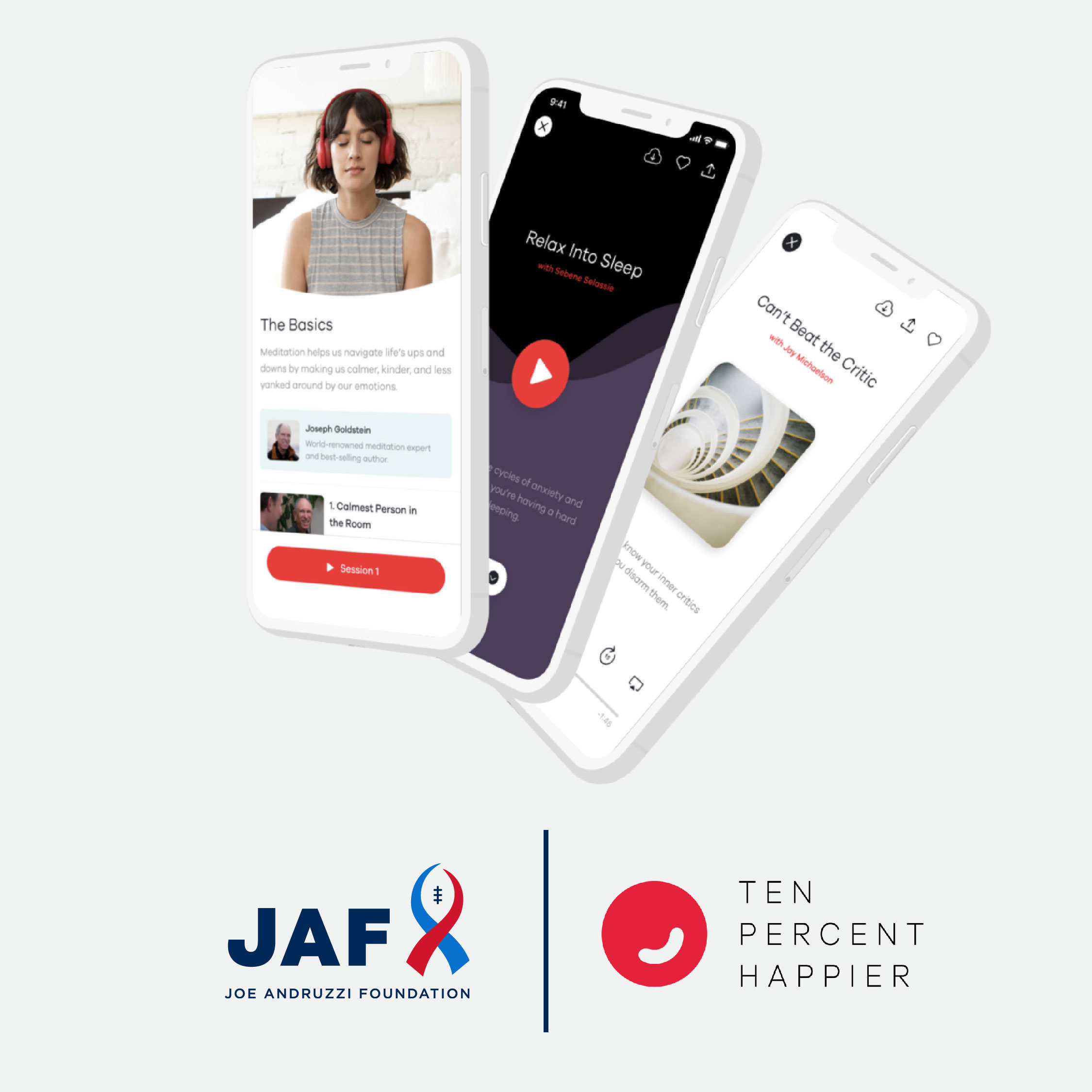When we hear of a cancer diagnosis our entire bodies become absorbed with difficult emotions – fear, sadness, anger, disbelief, and anxiety. Researchers have studied the mental and emotional capacities of cancer patients for many years and the one thing that no healthcare provider can cure are these emotions following a diagnosis and continuing through treatment and follow-up appointments.
So how does one find a sense of purpose, happiness, and peace when their world seems to be crumbling down?
There is no one solution, but healthcare providers and cancer patients have been practicing a holistic way of healing; mindfulness. Mindfulness is the practice of focusing on one’s own emotions, feelings and thoughts living in the present moment and holding a space of acceptance without judgement. Mindfulness has allowed cancer patients to begin to take actions no longer based on what they wish or hope but rather on the true nature of the events taking place.
When a person is able to respond to a cancer diagnosis and treatments with an understanding of what is happening in the moment, they are better enabled to respond in a positive way leading to inner peace and balance.
The Joe Andruzzi Foundation, with the help of the Randi Freedman Wellness Fund, received a grant providing 250 one-year memberships to the Ten Percent Happier App.
Ten Percent Happier App was created by former ABC News Anchor Dan Harris following an on-air panic attack. It is a user-friendly app dedicated to mindfulness and meditation. Great for those new to meditation and looking to improve sleep. It has unique features such as meditation video instructions and in-app podcasts.
During the month of May (Mental Health Awareness Month), JAF will be distributing the memberships to patients, families, and healthcare partners. Our patient recipients are seeking peace of mind; this app allows them to practice mindfulness from anywhere.
Cancer patients looking to try the Ten Percent Happier App should contact their social worker and reference the Joe Andruzzi Foundation.
This blog was written by Katie Haidemenos, Patient & Family Support Specialist


